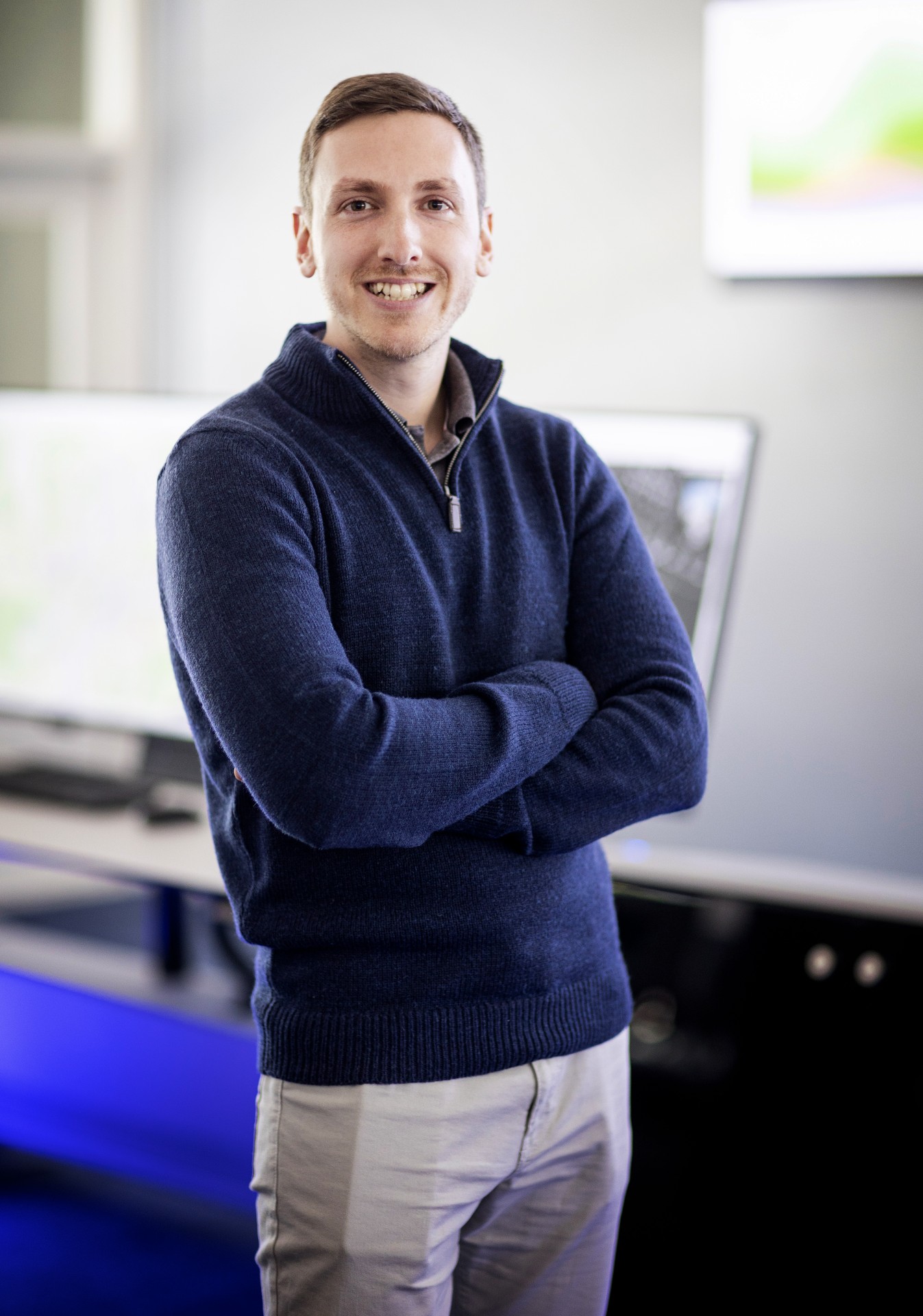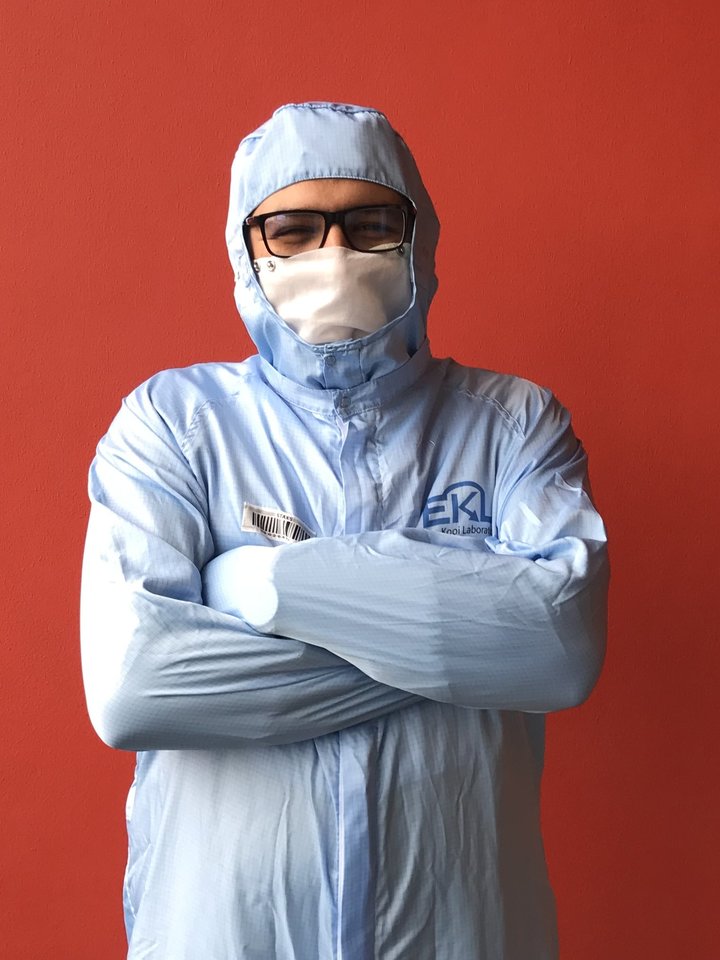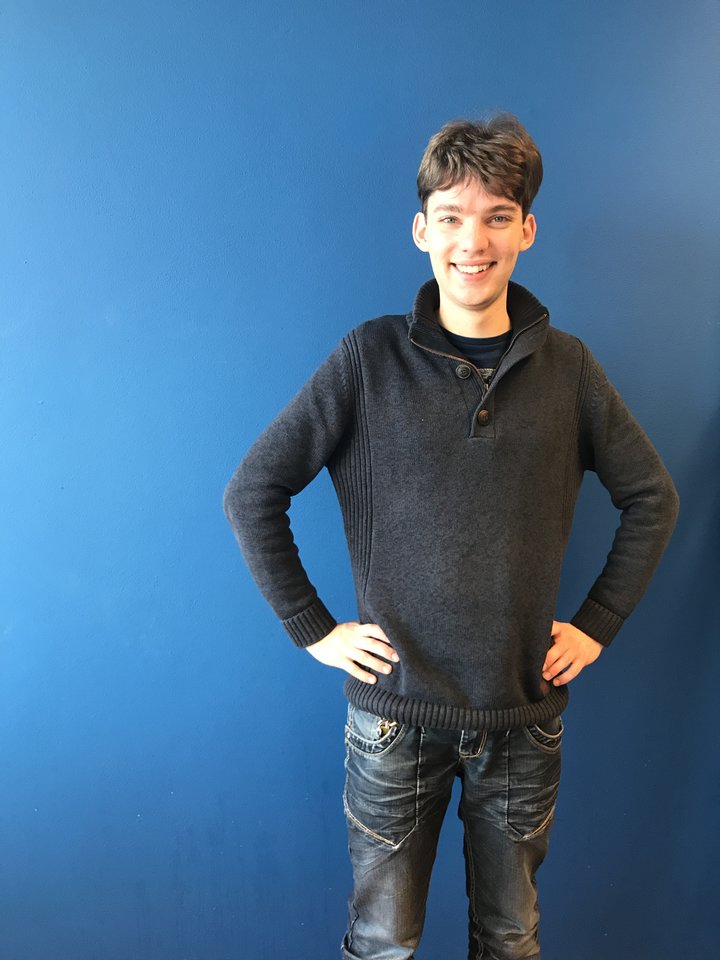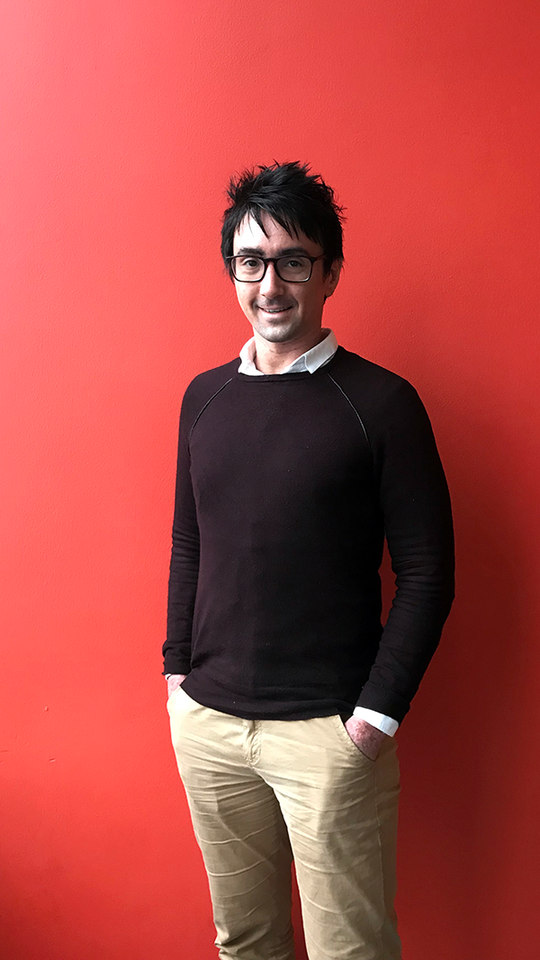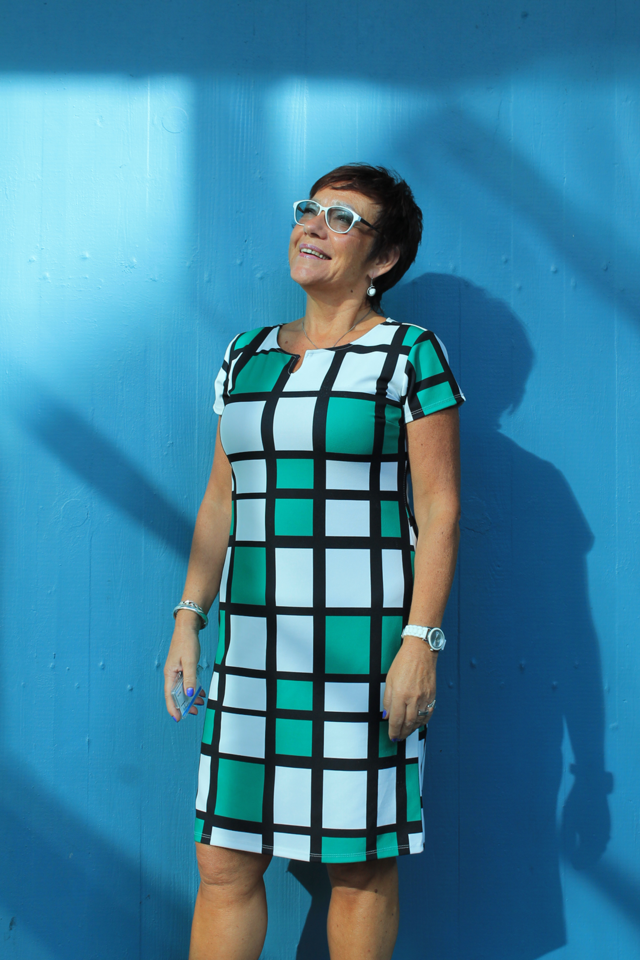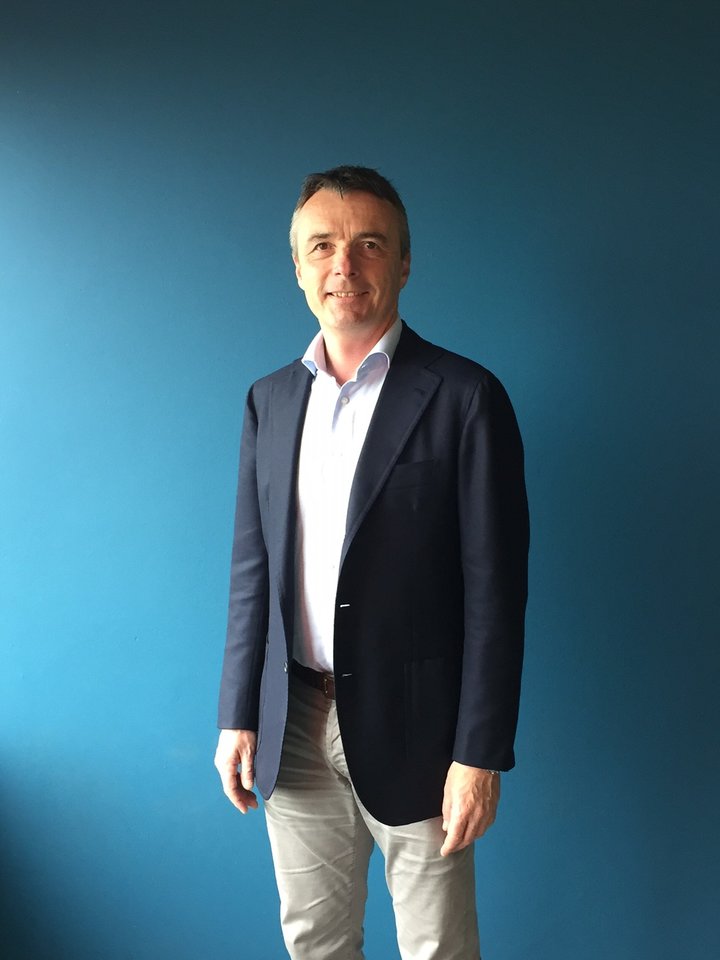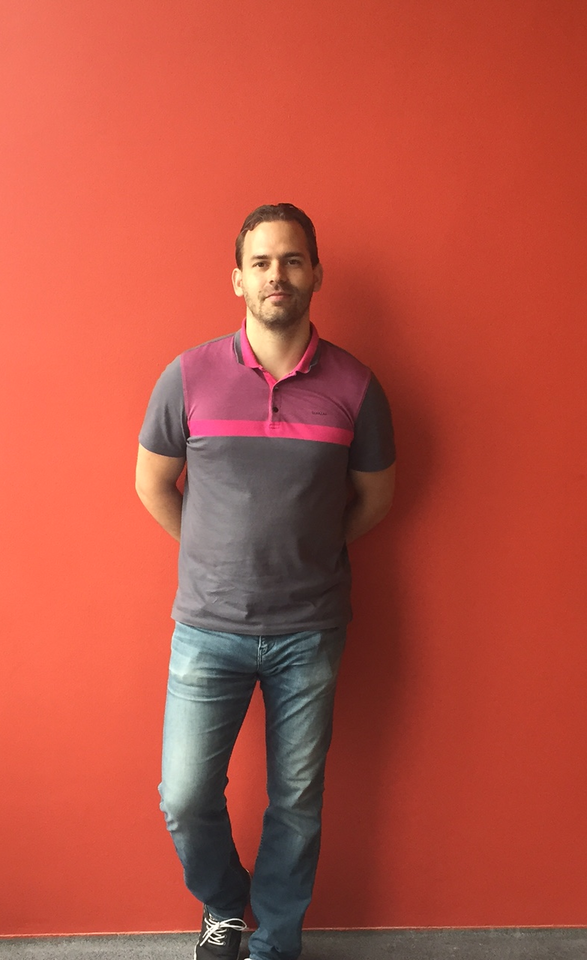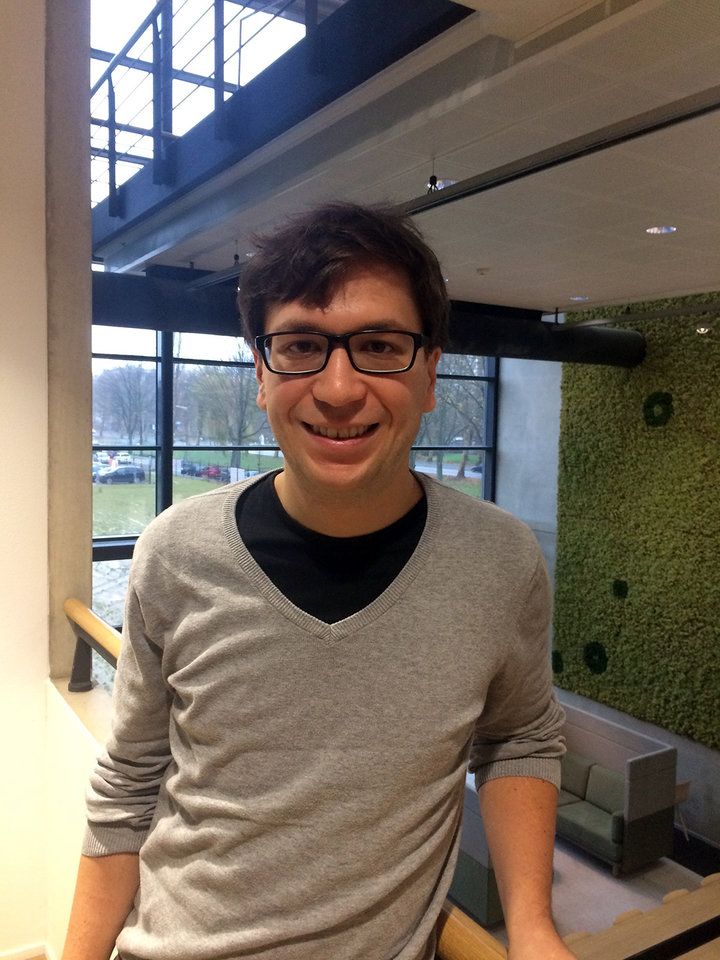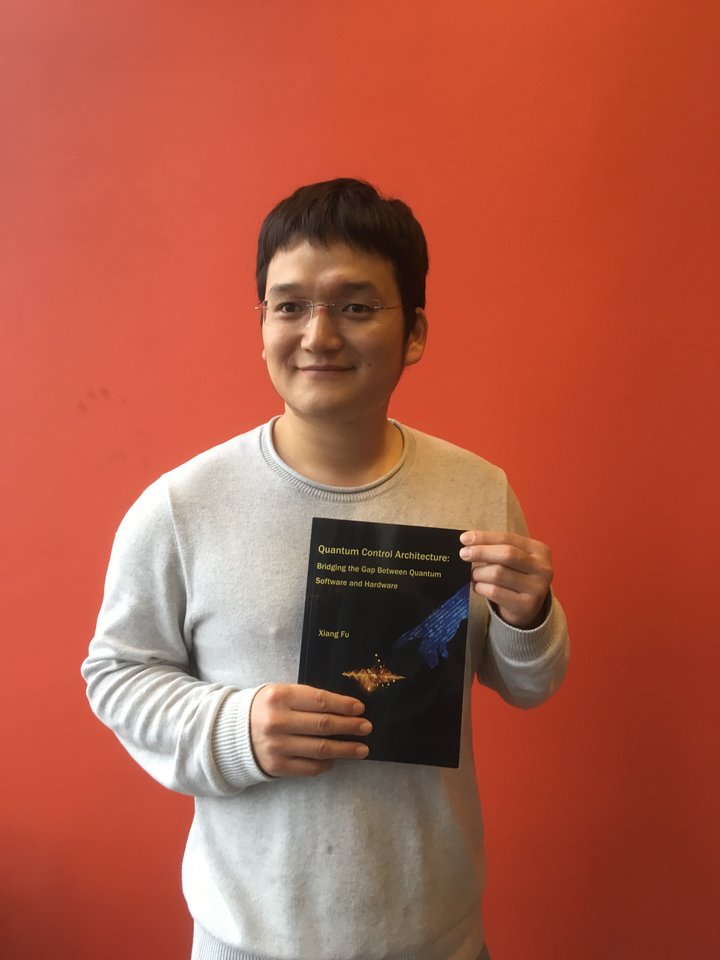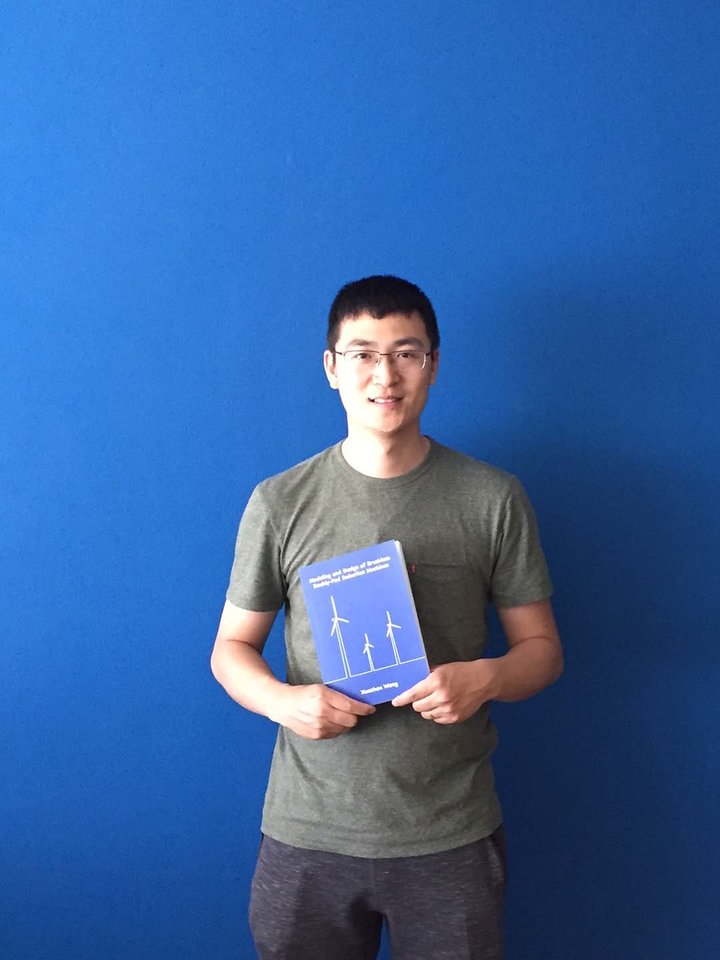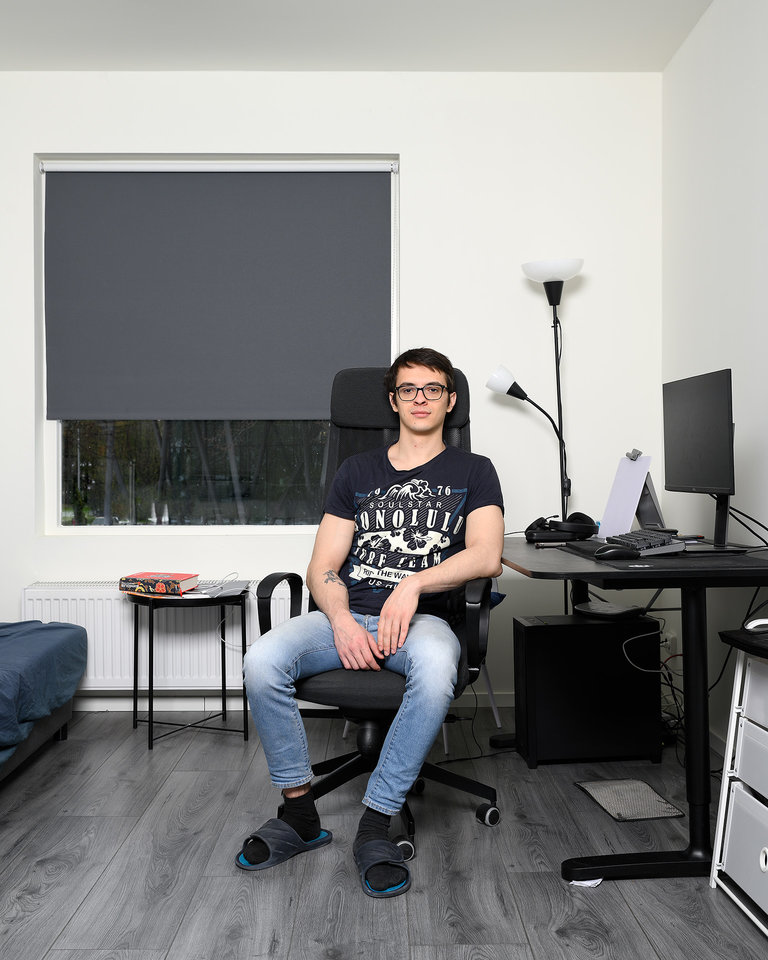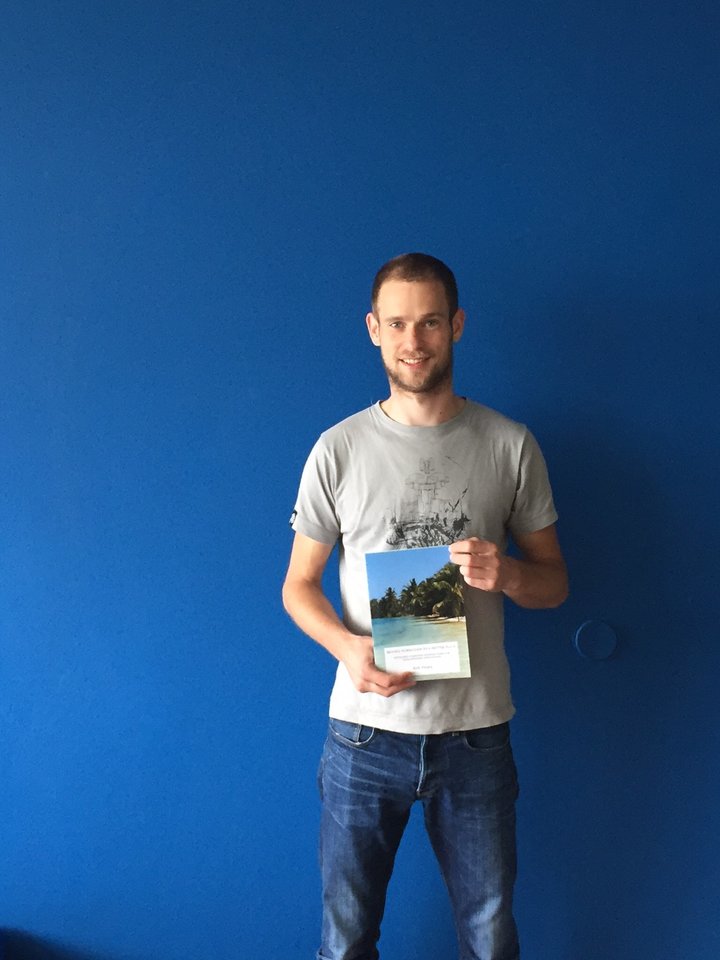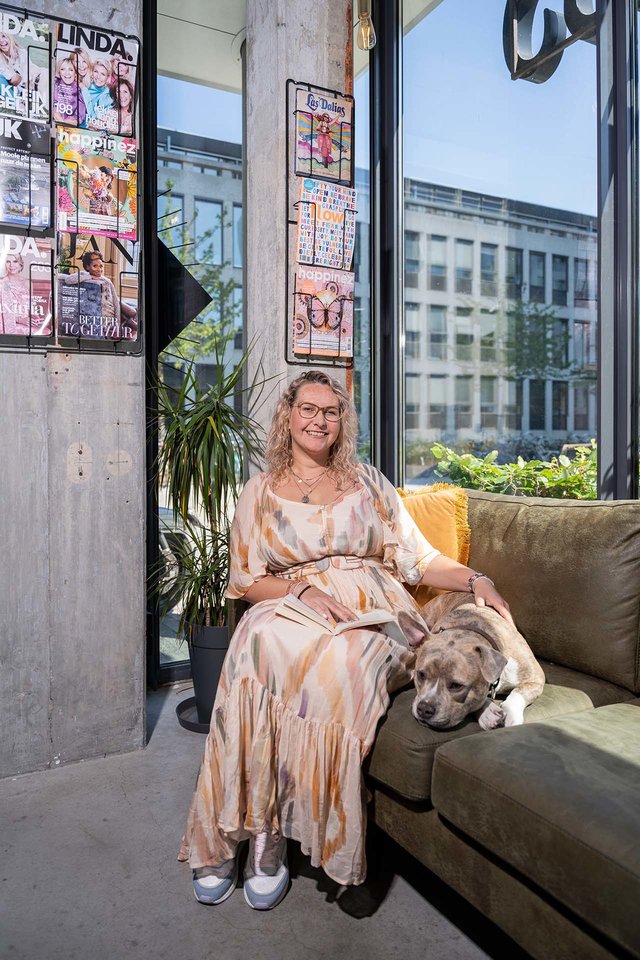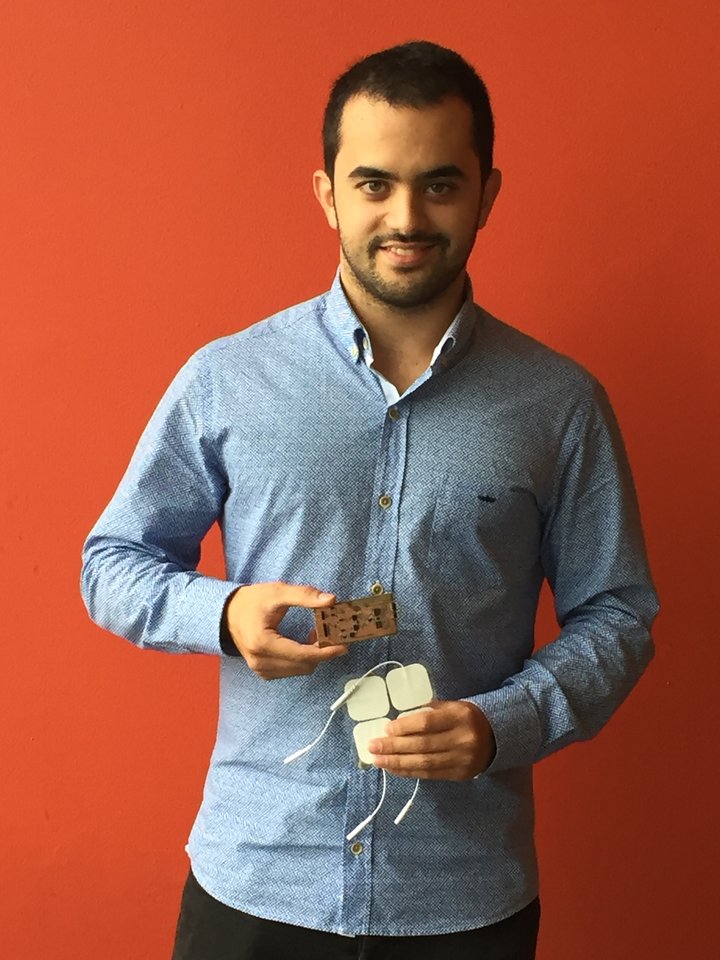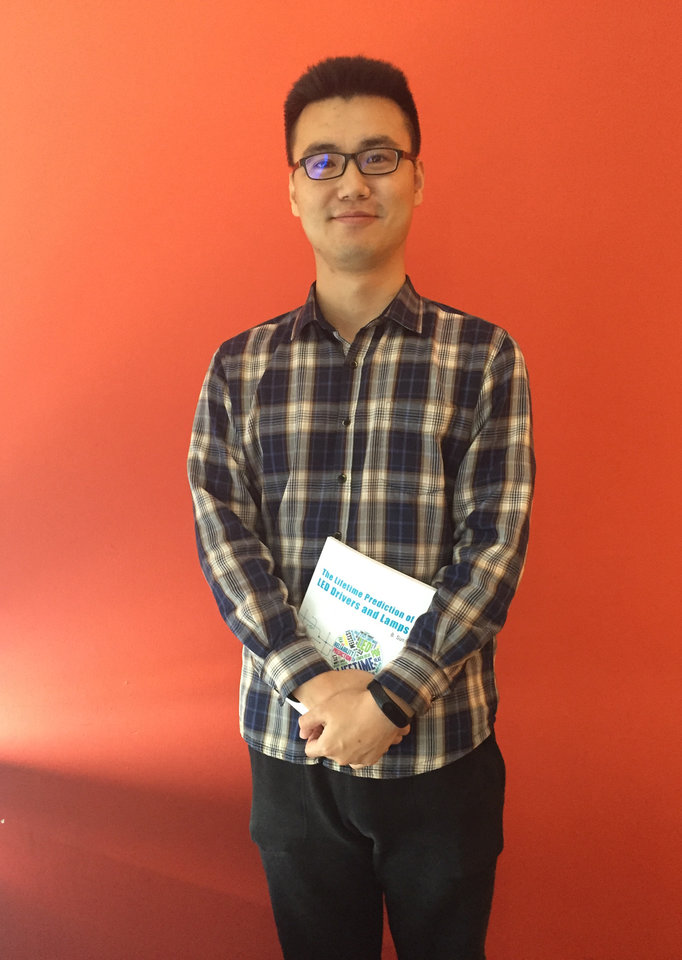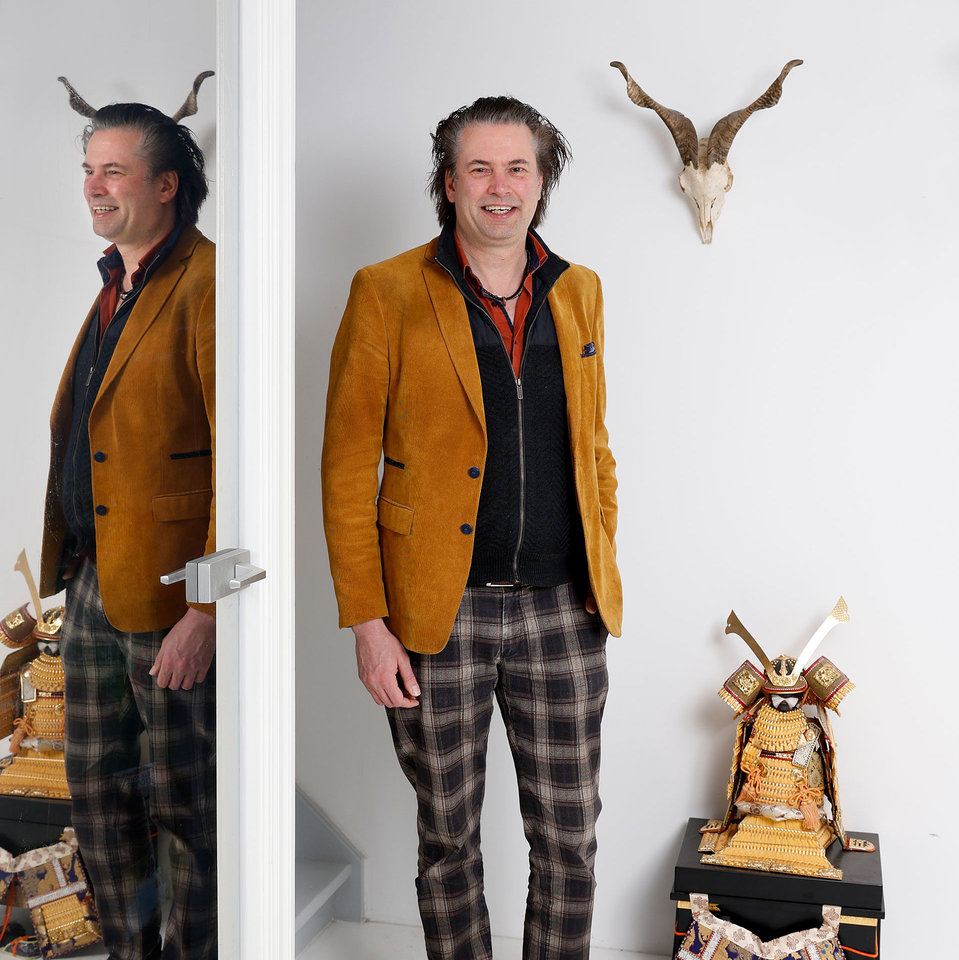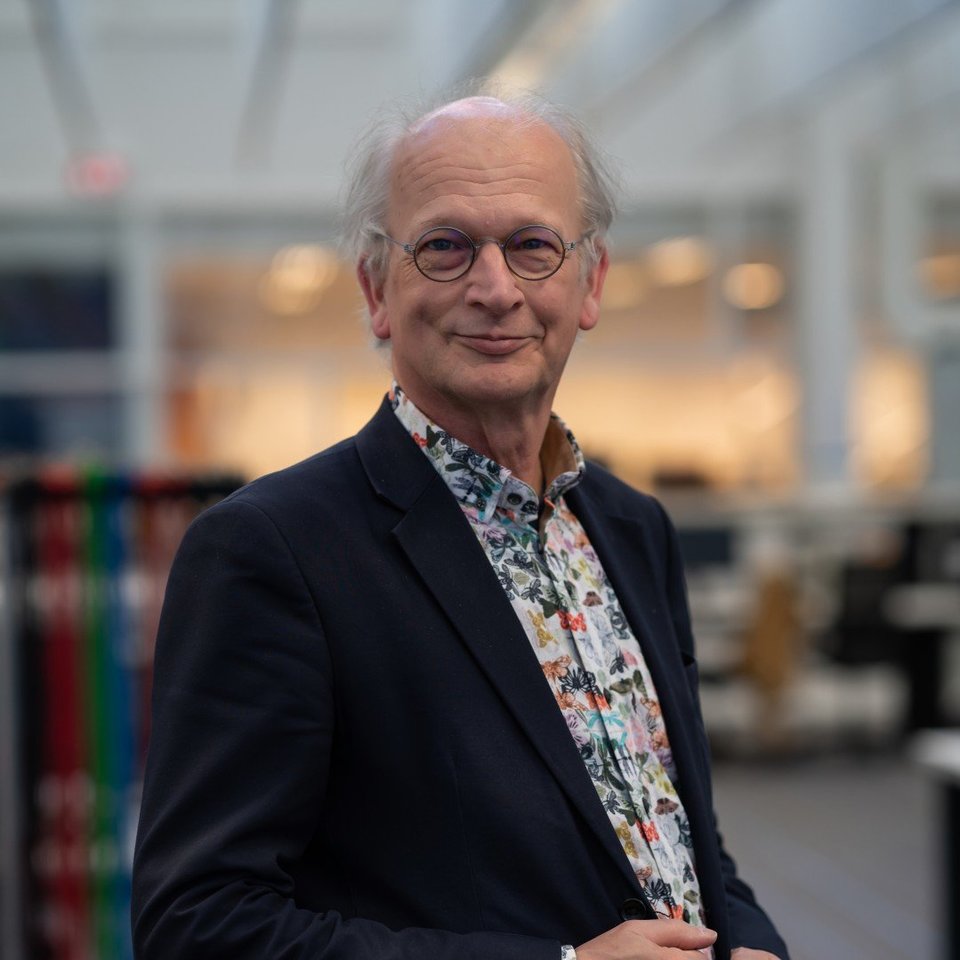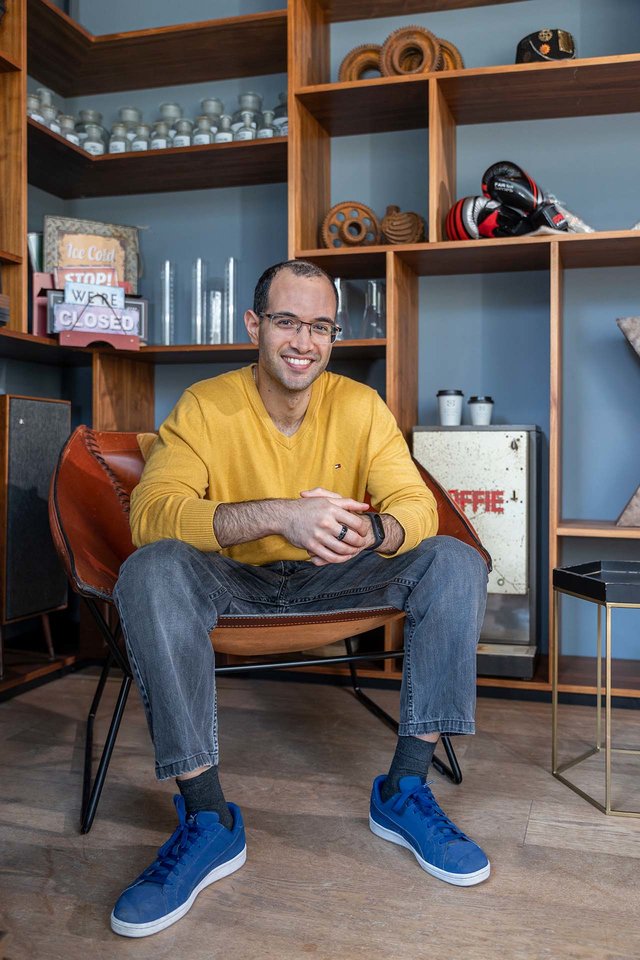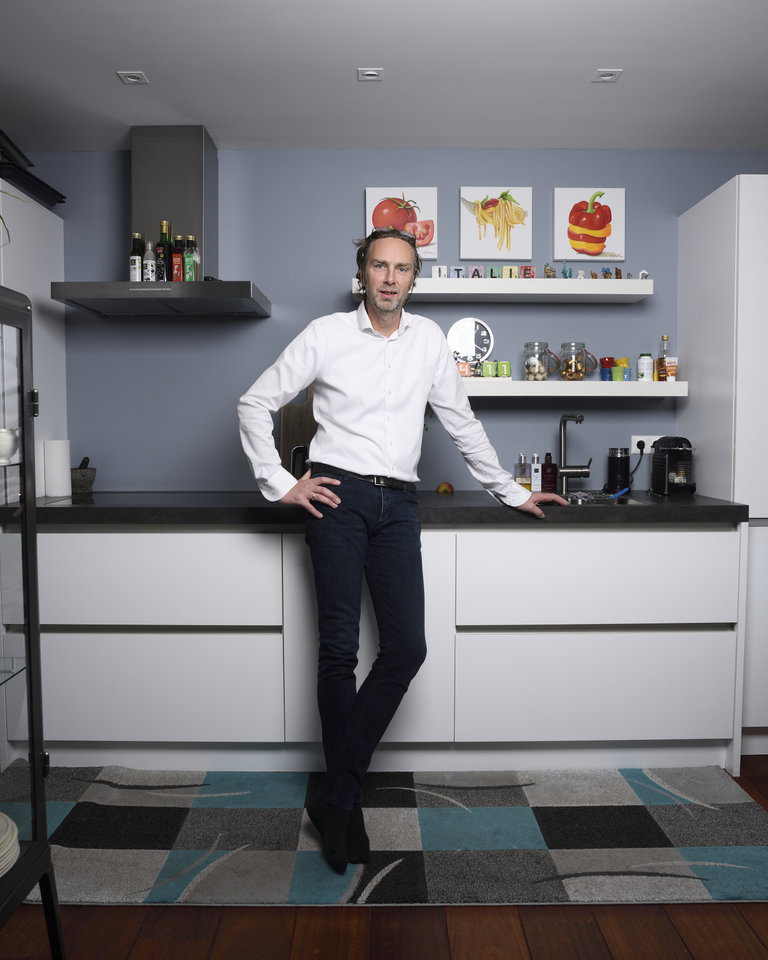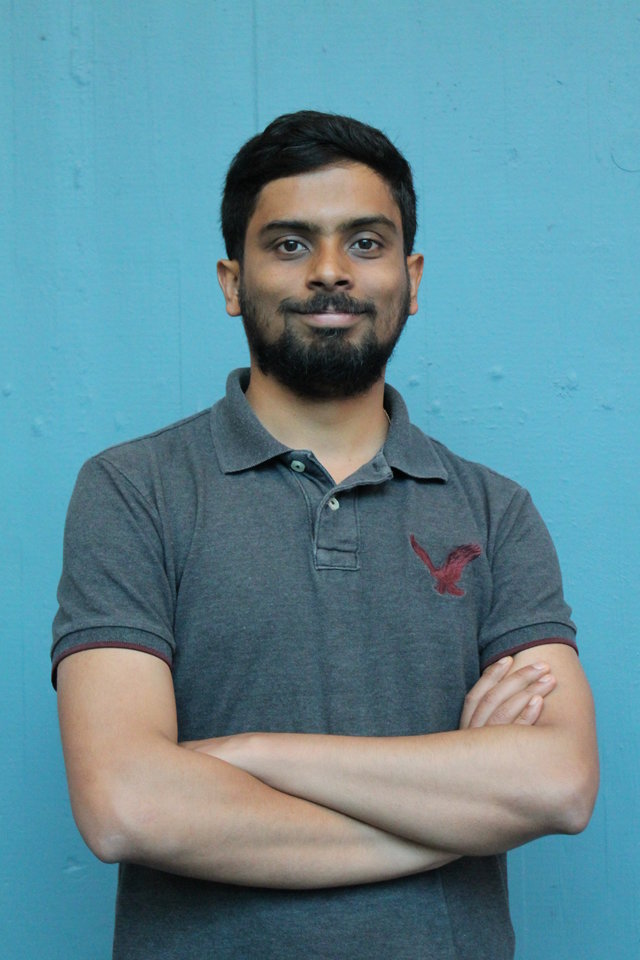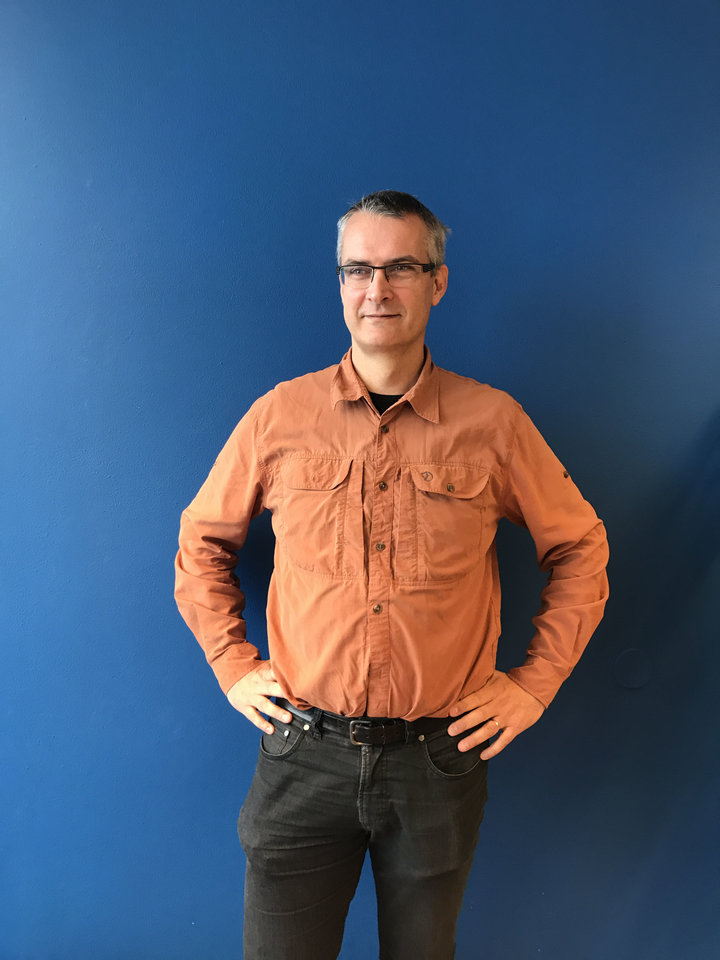The motto 'speeding up the energy transition' remains as important as ever. As a faculty, we can be proud of the concrete contributions we are making in realising the energy transition - and by extension, a sustainable world. Take, for example, Aleksandar Boričić & Aihui Fu, who over the past year have been working to improve Amsterdam's medium voltage electricity network. What was involved, and how do they look back on their results?
“Our electrified world is often taken for granted. We plug in our devices and expect electricity to flow through. What we tend to forget is that behind this electricity lies an immensely complicated piece of engineering with many technical challenges.
The ongoing energy transition is making this system even more complex, as many households and offices are no longer just energy consumers, but also energy producers. Furthermore, energy-intensive sectors such as heating and transportation are also electrifying rapidly. The result is a congested network, which hinders the addition of new connections and ultimately slows the expansion of cities. This is already happening all over the Netherlands, for instance in the Buiksloterham neighbourhood in Amsterdam.
That is why we have, together with the AMS Institute and the grid operator Liander, worked hard to find alternative solutions for the medium voltage grid. To tackle these challenges, we had to think outside the box. By optimizing grid configuration and combining it with demand flexibility and/or energy storage, we have shown how congestions can be minimized not only in the Buiksloterham area, but also in many other areas where similar issues are expected to arise. Furthermore, we have also stressed the necessity for similar preventive studies and measures for the future.
I am very curious to see how all of this evolves and what my future role may be in contributing to these highly impactful topics.
Cooperating with the AMS Institute has been a very pleasant and insightful experience. We researchers sometimes forget how difficult it is to manage diverse stakeholders’ expectations. Seeing how our project partners from AMS navigated these challenges has been a great learning opportunity for me.
On a personal side, PhD research can be very time-consuming and requires a lot of focus. So even when work hours end, my brain may still silently work in the background, processing complex concepts and ideas. Fitting a larger spare-time project into this has been quite challenging, and my work-life balance was temporarily upset. But I am very proud that our team managed to produce a good output in a relatively short time frame.
Most of all, I am very excited to see that our work is also being picked up by relevant industry stakeholders. I am very curious to see how all of this evolves and what my future role may be in contributing to these highly impactful topics.”
Want to know more about the solutions Aihui and Aleksandar came up with? Their case study, with three proposed solutions and their arguments, is publicly available via this link. You can also find more information on the project at the AMS Institute's website
